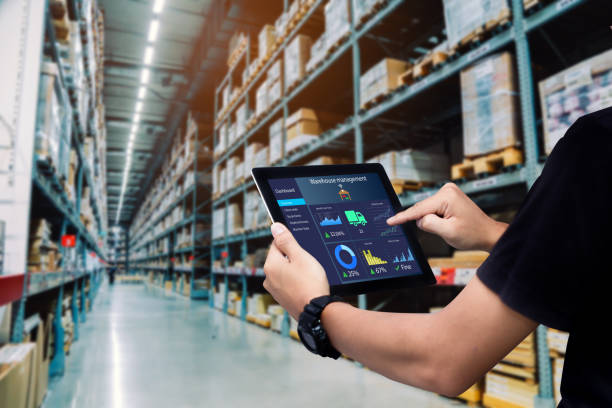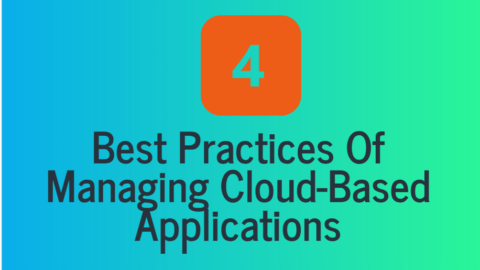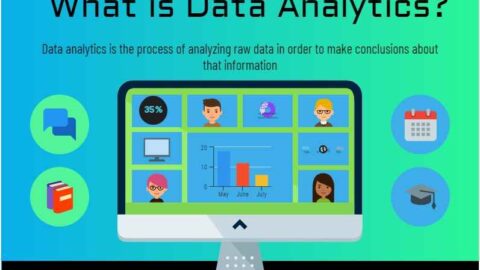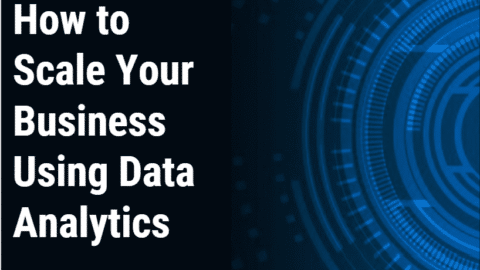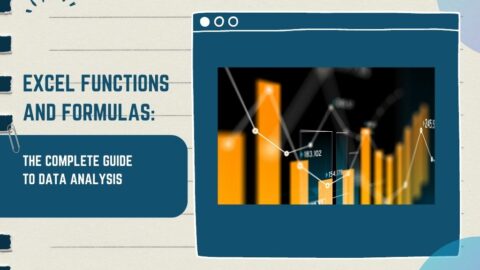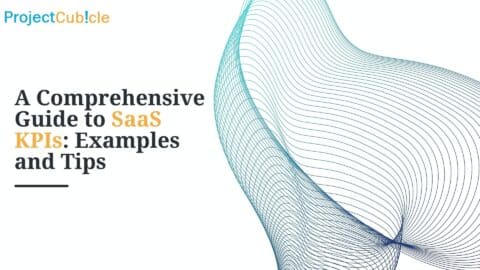E-Commerce Intelligence Unleashed with Data
When you enter the e-commerce intelligence industry, you’re no longer taking on only a few local competitors trying to grab the same market segments as you. You’re taking on everyone in the e-commerce data industry – from the giants like Amazon and Walmart to every small independent business that has even remotely similar products and services to yours.
Table of Contents
At the moment, there are between 12 and 24 million online stores. It’s unlikely that all of them are your direct competitors. But you’ll still need to brace for a harsh, competitive environment.
If you want to thrive in such an environment, you need one thing above all else – data. With the power of data, you can develop comprehensive strategies for success, predict market trends, analyze competitor strategies, and so much more.
Learn how data can transform your e-commerce experience.
The types of e-commerce intelligence data you need access to
As a newcomer to the e-commerce industry, you’ll have your work cut out for you. You’ll need to learn as much as possible about your target audience, competitors, and overall market trends. That means you’ll immediately have to start gathering the right data types to develop effective strategies and approaches to help you stand out.
While there are countless data types you can collect, you’ll need to focus on a few concrete data sets in the beginning:
- Customer data – getting to know your target audiences is the key to success. Learn as much as you can about their shopping habits, interests, demographics, and more;
- Product data – you’ll need to collect as much information as you can about the products offered by your competitors, from product categories to their prices, manufacturers, and suppliers, and more;
- Store data – you’ll want to have a complete picture of who your competitors are, what platforms they’re using, who their vendors are, and more;
- Sales data – collect your own and your competitors’ sales data to understand deeper market trends.
You’ll need to remember that you’ll never be able to collect all this crucial data from a single source. You’ll need to constantly monitor your own and your competitors’ websites, social media channels, e-commerce platforms, review sites, and more to ensure the utmost data accuracy.
How to put this data to good use for the sake of e-commerce intelligence
To thrive in the e-commerce industry, it’s not enough simply to collect data. You also need to put it to good use.
Most commonly, e-commerce businesses use these various data types to:
- Optimize their pricing – products and services priced too low will seem suspicious, while those too high will deter customers. You need the right pricing to attract more customers;
- Improve customer experience – understanding what your target audience likes and dislikes about your competitors will help you improve your brand and ultimately enhance the customer experience;
- Personalize product and service offers – 80% of customers will prefer buying from a business that offers a personalized experience. Learning more about your target audience will help you create offers tailored to your customers’ unique needs;
- Predict trends – assessing your audience’s shopping behaviors can help you predict trends and minimize risks, ensuring that you have enough supply to meet the demand for your products/services.
Of course, collecting relevant data has many other applications. You can use the data to perfect your marketing strategies, improve your SEO, enhance your reputation management, and more.
Collecting relevant data with web scraping
Data collection isn’t a one-time task but an ongoing process you must commit to. Everything from consumer desires to their purchase decisions and your competitors’ pricing can change without a moment’s notice. So, you’ll need to continuously collect relevant data from all the available sources to ensure the utmost data accuracy.
Naturally, this isn’t a process you can effectively complete manually.
You’ll need the help of web scrapers for e-commerce intelligence.
Web scrapers are bots programmed to crawl through webpage after webpage collecting any information you may need – product prices, customer reviews, company contact information, brand rating, and more.
They’re fast, efficient, and, most importantly, accurate. Depending on your web scraper, it can collect information from hundreds of pages in less than a minute.
An alternative to using web scraping bots is relying on APIs, such as a Google Shopping API. Short for Application Programming Interface, an API is an intermediary that enables the exchange of information between software and websites.
You can use a Google Shopping API to create an automated schedule for data exchange or manually make data requests when needed for e-commerce intelligence.

Custom scrapers vs. pre-build APIs
Both custom web scrapers and pre-built APIs have their own unique advantages and disadvantages. The one better suited to you will depend entirely on your needs and preferences.
Web scraper pros:
- Accurate;
- Provides structured results;
- Fast data collection;
- Offers access to real-time data.
Web scraper cons:
- Requires regular maintenance for e-commerce intelligence;
- Can encounter anti-bot technology such as CAPTCHA;
- Can encounter blocks with a high number of requests.
Though APIs can act as web scrapers, they have unique pros and cons.
API pros:
- Easy to use;
- Effective for large amounts of data;
- Can handle dynamic page rendering;
- Less resource intensive.
API cons:
- Limits on how many requests you can make;
- You’ll need to make multiple requests to collect all the data you need;
- Functionality limited by API provider.
As a general rule of thumb, APIs are best used when you need to collect specific data from a single website, while web scraping bots are better suited if you need to collect multiple data types from a broader range of websites.
Conclusion on E-commerce Intelligence
Without access to relevant data, you cannot hope to thrive in the e-commerce industry. You need to get to know your target audience, competitors, and the overall market to develop successful strategies.
With the help of web scrapers and APIs, you can seamlessly collect the information you need when you need it and put your data to good use.

With more than 20 years of progressive experience as Program Manager and Project Manager had led complex IT projects/programs in a wide variety of industries in America, Latin America & Italia.
Mario Bisson Andini is an advanced Program Manager who is the founder of Bisson Training.

